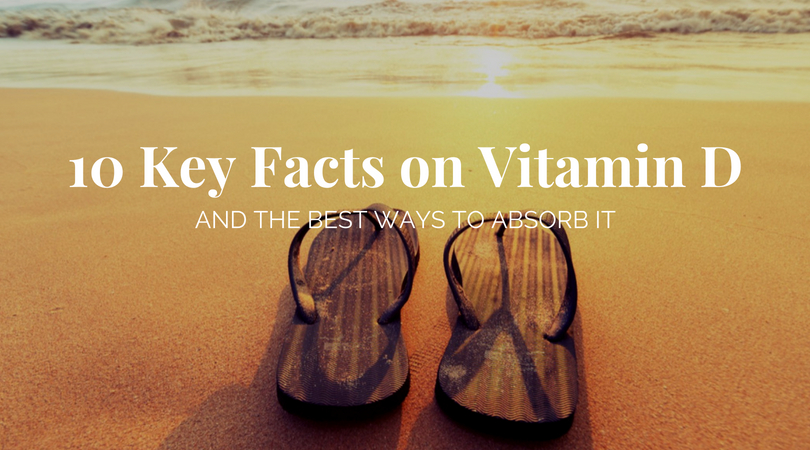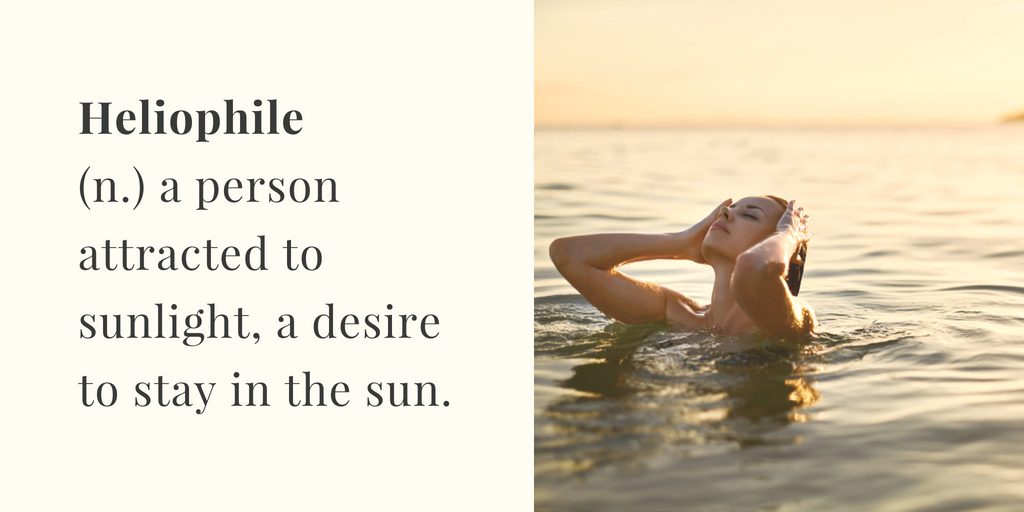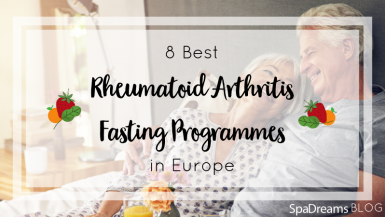
It’s no wonder that civilisations have been worshipping the sun for millennia. Indeed, an afternoon spent basking in the sun rivals even the most luxurious therapy session. Not only is it important for plant life and the climate, but also for the inner workings of the human body as it provides our main source of vitamin D. Read on for a handy list of 10 key facts on this essential nutrient…
- It can help with intestinal absorption of calcium, magnesium and phosphate.
- It can help with normal bone health and prevent osteoporosis/arthritis
Most of the vitamin D in our bodies comes from the sunlight, but just how much vitamin D can we get from the sun?
- Absorption of vitamin D from the sun depends on time of day and year, colour of skin and how much melanin is acting as a barrier to the UV-B rays, and, finally, geographic location – the further away from the equator you are, the less UV-B rays there are.
- From late march to early April in the UK, spending some time outdoors every day from 11 to 3 provides enough vitamin D. It’s still important to not let the skin burn though, and those with darker skin will need longer in the sun to get the same amount D vitamin.
But what if you live in the rainiest, cloudiest city in the world or you never go outside with any skin showing? How can you manage to get your vitamin D then? Here, vitamin D supplements can help:
- Supplements provide two types of vitamin: Vitamin D2 produced in plants (such as mushrooms) and vitamin D3 produced in animals.
- In the winter months in the UK we rely on food and supplements to make up our vitamin D. A supplement of 10μg is usually recommended.
- People who spend a lot of time in doors are at risk of deficiency or cover up most of their skin when outdoors. Check with your doctor if you think this could be you…
- Foods that contain vitamin D include: fish, mushrooms and fortified vitamin D milk, juices and cereals
- Even though these food contain vitamin D, a supplement may still be necessary because it’s difficult to get enough vitamin D from food alone.
- Research into how effective and absorbable supplements of vitamin D are is still underway, and the results are not as yet as conclusive as we might hope… that’s why many still prefer to try and get their D vitamin from the natural source of sunlight.
But remember, it’s important to always remember to use sun protection before your skin starts to burn, and check with your doctor if you suspect you might be at risk of deficiency!

Enjoy your sunny summer days and stay well #WellnessWednesday





